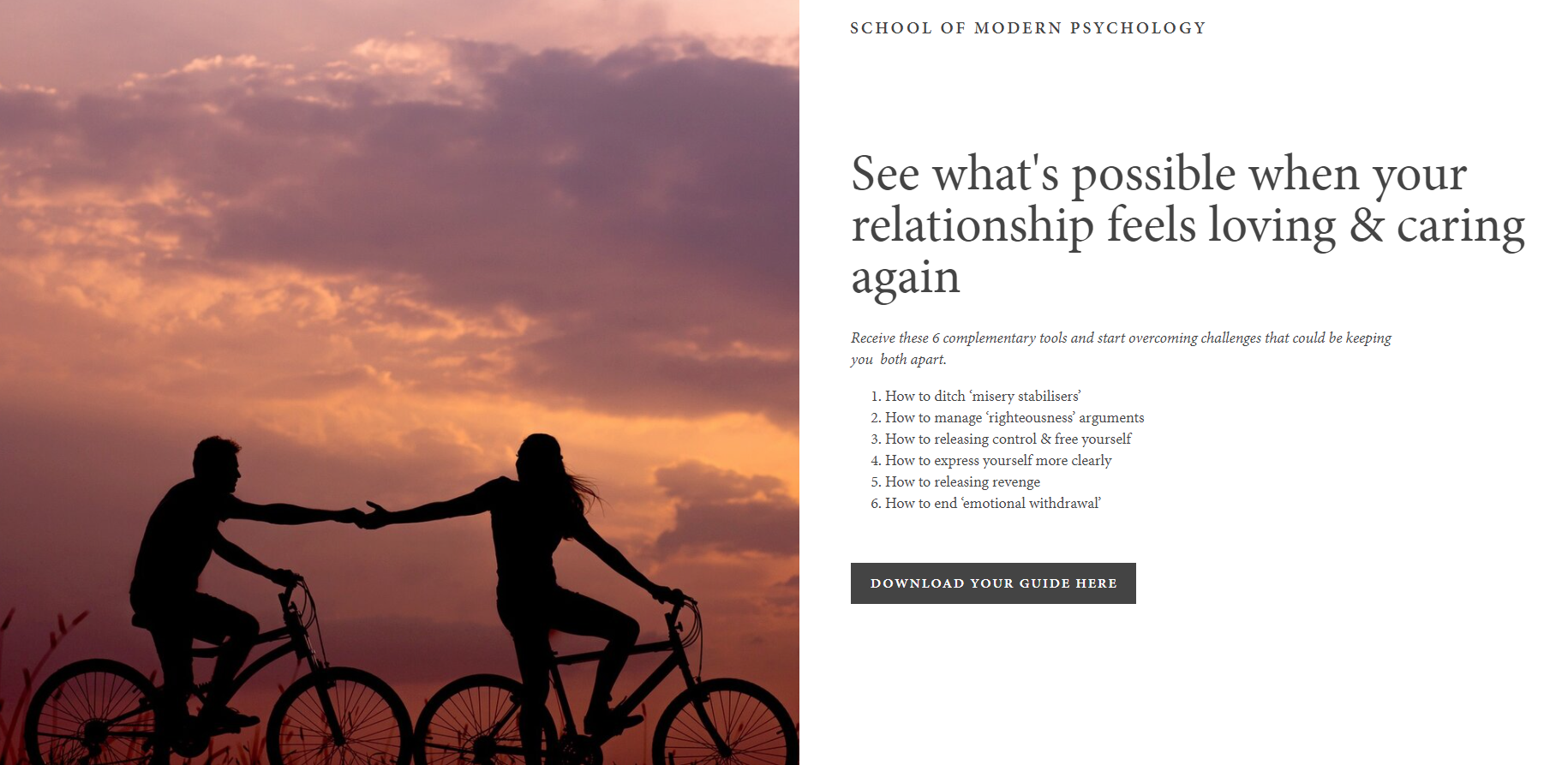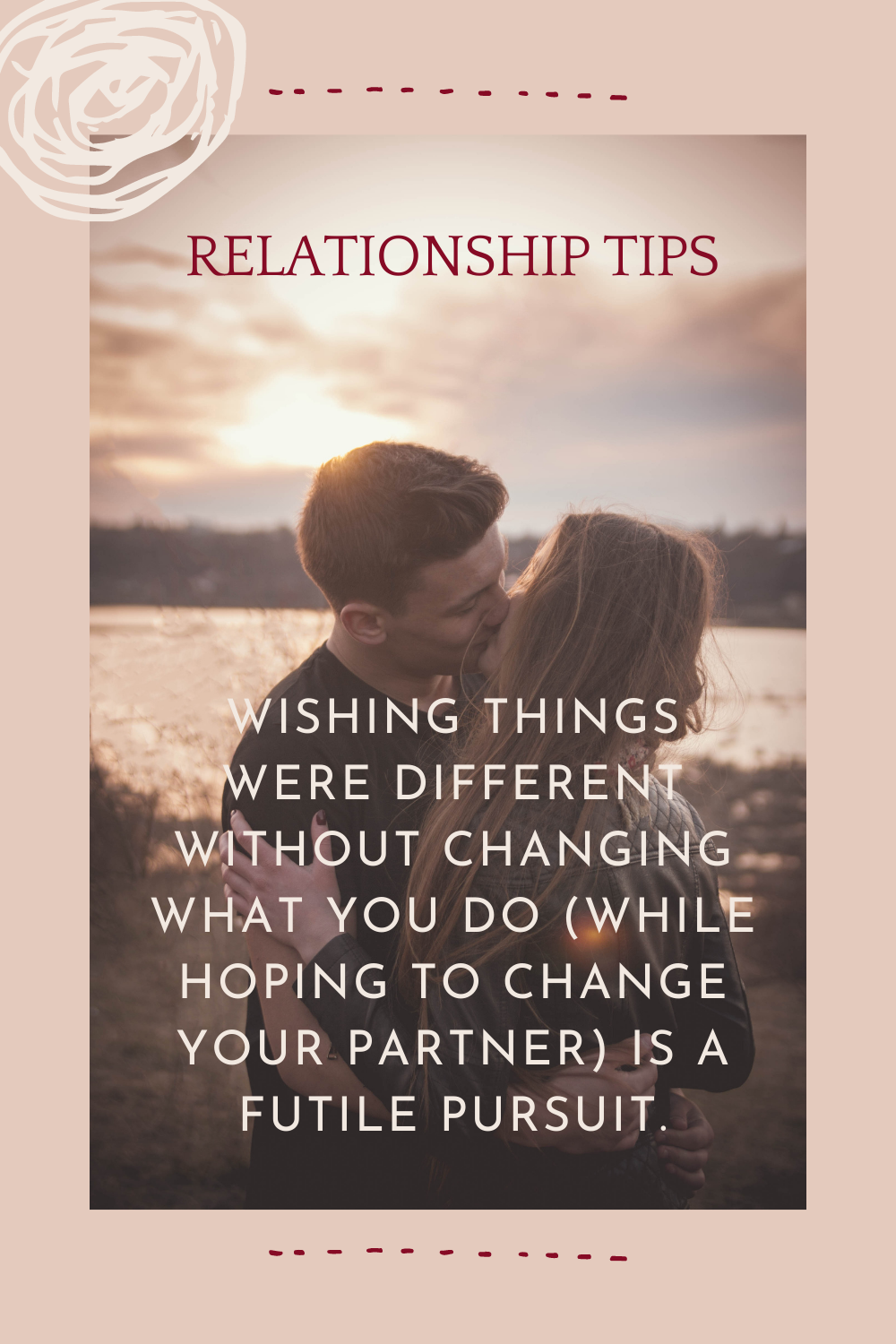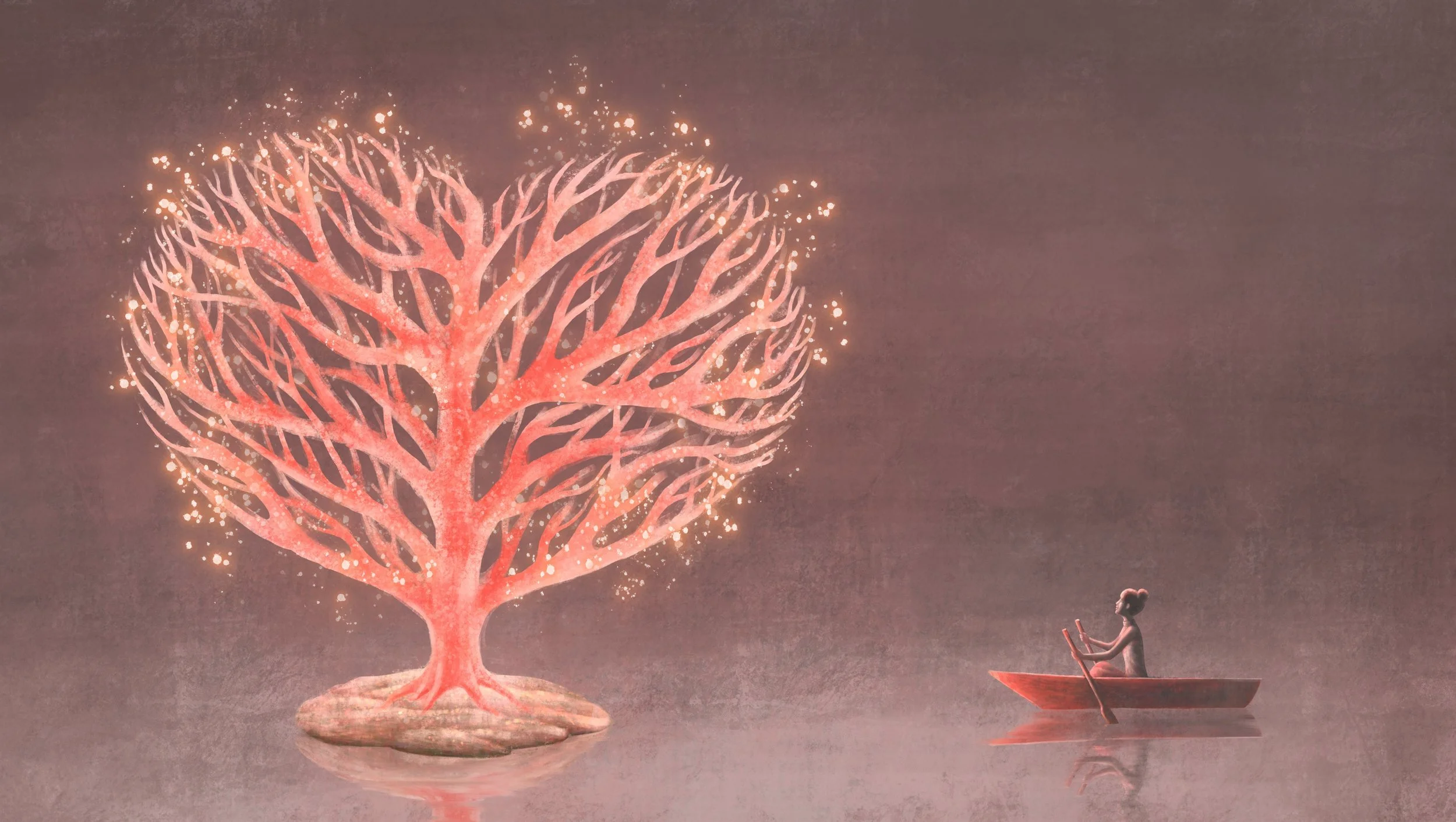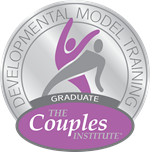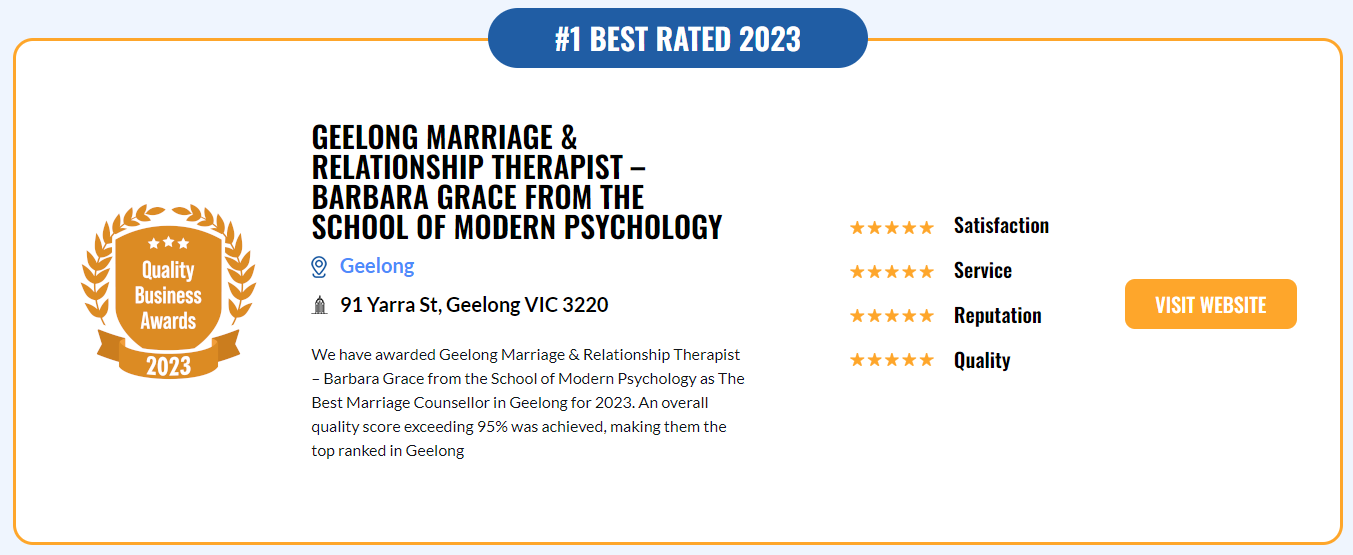How To Build Honest Relationships With Boundaries Without Feeling Guilty, Icky or Rude
/Edward Eyer on Pexels
“We change our behavior when the pain of staying the same becomes greater than the pain of changing. Consequences give us the pain that motivates us to change.”― Dr. Henry Cloud & Dr. John Townsend
I first learned about boundaries and consequences in primary school.
‘Don’t cross the white line on the asphalt’ was a boundary meant to keep us safe. And if caught ‘out of bounds’, consequences followed.
Miss Secombe seemed to be everywhere and nowhere simultaneously — her hawk eyes always prowling for ‘out-of-bounders’. The punishment: picking up 100 scraps in the yard instead of eating lunch.
As a Principal, Miss Secombe demanded we stand like soldiers when lining up for class — her boundary for obedience was rigid. We knew what she expected —our eyes glued to the back of the person’s head in front of us with military precision.
Sport offered a similar approach — one foot over the boundary and I forfeited a toss.
These boundaries feel arbitrary now. Symbols of tribal rules, ways of enforcing group behaviour around goals I didn’t really buy into.
Now I see boundaries from a different perspective and understand they’re more about shared agreements around respect and acceptance — particularly when it comes to being in a healthy and loving relationship.
Boundaries are not about causing (or feeling) guilt with military-like consequences.
Boundaries are not arbitrary rules that create ‘one-up power’ over another.
Boundaries are not actions we trade for love or acceptance.
Boundaries are for creating equality and respect. For self-defining we end and and another begins.
What are boundaries in relationships?
“Our boundaries might be rigid, loose, somewhere in between, or even nonexistent. A complete lack of boundaries may indicate that we don’t have a strong identity or are enmeshed with someone else.” Tracey Cleantis
Mark Manson says: Boundaries in relationships work both ways: they create emotional health and are created by people with emotional health.
Dr John Amodeo says: Having boundaries means honoring ourselves as a separate individual with needs and wants that often differ from others.
Dr Tracey Hutchinson says: Boundaries are basic guidelines that people create to establish how others are able to behave around them.
As a younger woman I wish I’d learned how to push boundaries more. I would have discovered what it took to stand up for myself and respect my needs, rather than waiting for someone else to grant me that human right.
I wish I’d understood what it felt like to set my own boundaries, instead of being so sensitively attuned to those of others. That fear instilled during early years of ‘being out-of-bounds’ kept me ‘bound’ for longer than needed.
Setting Boundaries Can Be Tricky
“When we fail to set boundaries and hold people accountable, we feel used and mistreated. This is why we sometimes attack who they are, which is far more hurtful than addressing a behavior or a choice.”― Brené Brown
Setting boundaries often comes with guilt for those who felt ‘bound’ for decades. The act of saying ‘no’ and prioritising oneself can feel selfish and ignorant. An act of having ‘power over’ another.
I hear partners tussle with this idea. When this happens, the person feeling guilt at setting a boundary needs to tackle an old belief about what it means to meet another’s need before considering one’s own.
Putting yourself last so other people come to think of you as ‘a nice person who always thinks of others’ is duping yourself into taking the role of ‘passive people pleaser’.
A friend used to describe this as the ‘burnt chop syndrome’. A place where mothers (usually it was the mother) would offer others the best pieces of meat and give herself the burnt, shrivelled, dried-out left-overs.
This doesn’t set up a person for having relationships built on equality, fairness or respect in their life. Much needs to be unlearned before creating respectful and healthy boundaries.
There will always be times when each of us puts another person’s needs first — in times of ill-health, a pressing problem or through being gracious or giving of one’s resources. That’s having a healthy boundary — one that flex in given circumstances.
Are Boundaries Necessary?
Your personal boundaries protect the inner core of your identity and your right to choices. Gerard Manley Hopkins
Boundaries can feel so unnecessary when all is going well. In the early days a couple may feel they’ve intuitively read the same book on how to be relationally compatible. Nothing seems to get in the way of love and connection during those early days.
However, that blissful state lasts just long enough for us to relax before ego re-emerges for a reality check-up.
When I work with a couple on their relationship, the issue of boundaries is the most common one arising.
A couple may not express their need for stronger boundaries — instead they’ll describe niggly arguments, anger that’s getting out of control, disconnection from each other or trust issues needing repair.
Yet, what they’re describing stems from a lack of boundaries. The challenge in understanding this is in knowing that boundaries don’t arrive out of thin air — they’re crafted by a couple to protect the relationship above all else.
Think of boundaries as guide rails that keep a couple’s relationship safe and secure.
Think of boundaries as offering a way of living fairly in a relational space.
Think of boundaries as agreements a couple make jointly.
In the early days of a relationship, couples make assumptions around how the relationship will work when challenges and competing interests arise.
The problem is that couples rarely discuss these assumptions. Each person inherently believes the resolution to arguments or concerns that arise are ‘given’, so obvious the issue doesn’t need discussing. This inevitably leads to misunderstandings, defensiveness, disbelief, blame and a battle of egos vying for one-upmanship.
Challenges inevitably arise in a relationship around the need for personal time, sharing of responsibilities, differing opinions, child rearing routines, shared family time, managing work commitments and sexual needs.
It’s in how a couple prepare for these circumstances that helps them create agreements.
The role of Shared Agreements
“If you have to ask to be treated right, you are around the wrong people. On the other hand, if you allowed this behavior to enter into the relationship from the start, it can and will continue, and will be very difficult to change up later. Set your boundaries sooner than later.”― Christine E. Szymanski
If I could suggest one thing a couple did to enhance their relational well being, it would be creating shared agreements around aspects of the relationship that need protecting. In other words, shared agreements form the container in which boundaries are held.
An agreement may look like this, for example:
WHAT OUR RELATIONSHIP NEEDS: To keep our relationship healthy and thriving, it’s important for us to put each other first above all else.
To do this, we both choose to prioritise each other over personal interests, friends, work or ‘numbing out’.
We’ll do this by:
1. Creating daily rituals eg dedicated time with each other where phones/TV/ipad are put in another room so we can talk about things that are important to us, walk together, have an evening cup of tea together, or do an activity we both enjoy doing together.
2. Maintaining intimacy by making sure we give each other a loving cuddle and warm-hearted kiss daily.
3. Being interesting — this means expanding our interests, learning more, focusing on personal growth
4. Negotiating anything (eg working late, time with friends, personal interests) that may cause disruption to our mutually shared interest of putting each other first.
This process helps a couple express what’s important for the relationship to thrive. They’re on the same page. The agreement isn’t focused on personal needs — it’s about ensuring the needs of the relationship come first.
If a couple get together and want to stay together, then written agreements like this one form the basis of boundaries.
Without boundaries most relationships come unstuck.
A boundary is not that at which something stops, but that from which something begins. Martin Heidegger
Shared agreements and boundaries are like containers for a couple — in the same way a nest offers a secure place for birds to raise their young. If the nest develops gaping holes due to lack of care and attention, then any precious eggs or chicks within may fall and be lost for good.
In the same way, if we don’t care for the home we live in, and let it fall into disrepair, we’re exposing the home to damage from storms and high winds — those unexpected elements that nature randomly bestows on us.
It’s the same for a relationship.
A relationship that doesn’t have agreements and boundaries in place to keep it safe and secure has nothing to protect it from life’s storms that inevitably come.
Boundaries are formed within the agreements made by a couple.
“Boundaries are, in simple terms, the recognition of personal space.”― Asa Don Brown
If one partner says they’ll be home at 8pm and doesn’t turn up until 8:30pm or 9pm without any text or call, then the agreement of prioritising each other needs repairing. A trust is broken, especially if the couple believe they are ‘people of their word’.
Many reasons exist for why a person is late — and hopefully a couple will talk about this in a respectful way that honours agreements made jointly.
However, it’s in letting the ‘small’ things slide that eventually breaks the couple’s original agreement and blurs boundary lines.
The next big challenge
“Anger is a sentry, stalking the edges of our boundaries and standing ready to defend them.”― Jessica Moore
This leads to the biggest concern a couple presents with: how each person talks about the issue.
Do they hide their feelings behind an emotionally withdrawn wall and become defensive or aloof, pretending it wasn’t an issue in the hope of avoiding confrontation?
Do they express themselves by abusing the person of being thoughtless and selfish as they feel so emotionally violated?
Or do they choose a healthy place to speak from that respects themselves, the relationship and the partner?
And this is the next challenge couples face — how to manage emotions when a boundary or agreement is broken.
Something Miss Secombe and her rigid school-day boundaries never engaged with.
I’d love to hear from you — what are you going to work on in your relationship to build agreements that help your relationship thrive.



